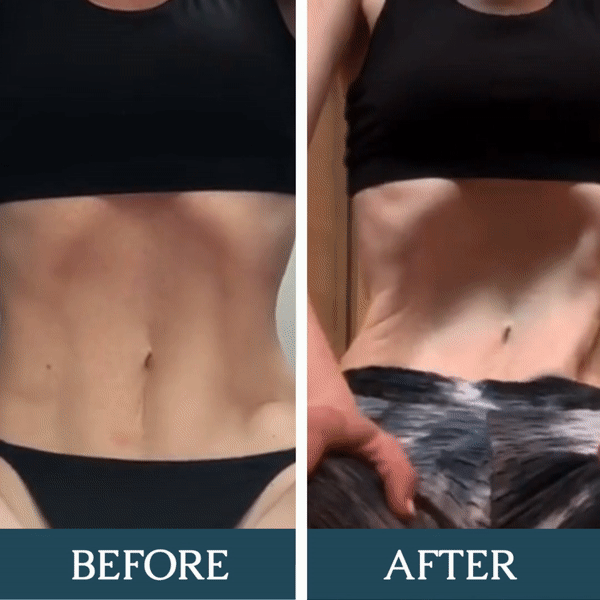It’s not a secret that menopause is a big change of a woman's body, hormonal level and the way we, women, feel. We all know some symptoms of the transition such as mood swings, hot flashes, and weight gain but (as usual) there’s no open conversation about what happens to the pelvic floor when menopause hits.
Once menopause begins, our hormonal levels change - estrogen (which helps in reproduction, menstrual cycles and many more things) starts to go down. Because of this drop in estrogen that comes with menopause, our pelvic floor often becomes slightly thinner, slightly drier, and more prone to muscle tightness. Some other symptoms of unwanted pelvic floor changes that occur during menopause can be constipation, incontinence, or pelvic soreness and discomfort.
There’s no way to stop menopause but there are plenty of things we can do to postpone it or make it more bearable and less harmful for your pelvic floor muscles and I’m happy to share those:
Menopause can’t be “it” for your pelvic floor - there are too many important functions for it to maintain! With pelvic floor yoga, in just 15 min a day we can keep our pelvic floor muscles healthy, which is essential for bowel movement, libido & sexual function, healthy bladder, and toned abdomen.
You can get a set of exercises to postpone menopause during a 1-1 consultation with me (like Anna did - read her success story here) or try an introductory 8-min workout here first.
2. Healthy diet with some strong “no-goes”
Everything processed (potato chips, fast food, bacon), rich in trans fats (margarine), fried (fries, fried chicken, mozzarella sticks), sweet (sweet sodas, cookies, white breads) or containing alcohol is a “no-go”. Reducing the amount (or eliminating) of such foods will help your digestion tremendously, which, in turn, will make it a lot easier on your pelvic floor (and mood, and body shape and skin quality! Those foods are literally good for nothing).
The “good” foods are most of the products with anti-inflammatory properties. They will help to decrease the discomfort that might be happening in your body and ease digestion. Among those foods are: berries, grapes, fatty fish, eggs, avocado, green tea & caffeine-free infusions, peppers, sweet potato, mushrooms, etc.
Another very important thing is to stay hydrated (surprise-surprise). Dehydration can cause constipation (among other things), which can lead to a weakened pelvic floor.
3. Get a consultation with a pelvic floor specialist
You don’t have to go through it on your own. I’m happy to help you and introduce you to a community of women who are experiencing the same things. Together we are stronger. Book a FREE 20-minute discovery call with me here to discuss what would work best for you!

